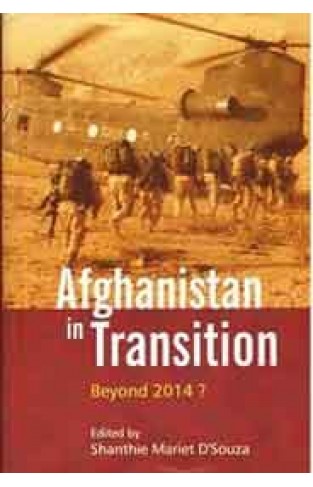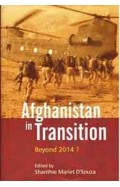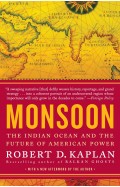Afghanistan in Transition Beyond
By: Shanthie Mariet D Souza
-
Rs 1,100.75
- Rs 1,295.00
- 15%
You save Rs 194.25.
Due to constant currency fluctuation, prices are subject to change with or without notice.
| Book | |
| What's in the Box? | 1 x Afghanistan in Transition Beyond |
Afghanistan in Transition Beyond
By: Shanthie Mariet D Souza
Rs 1,100.75 Rs 1,295.00 Ex Tax :Rs 1,100.75
Zubin Mehta: A Musical Journey (An Authorized Biography)
By: VOID - Bakhtiar K. Dadabhoy
Rs 892.50 Rs 1,050.00 Ex Tax :Rs 892.50
Monsoon The Indian Ocean And The Future Of American Power
By: Robert D. Kaplan
Rs 3,325.50 Rs 3,695.00 Ex Tax :Rs 3,325.50
The Origins of Political Order From Prehuman Times to the French RevolutioN
By: Francis Fukuyama
Rs 4,045.50 Rs 4,495.00 Ex Tax :Rs 4,045.50
Manning Up: How the Rise of Women Has Turned Men into Boys
By: Kay Hymowitz
Rs 845.75 Rs 995.00 Ex Tax :Rs 845.75
The Obama Syndrome: Surrender At Home War Abroad
By: Tariq Ali
Rs 1,100.75 Rs 1,295.00 Ex Tax :Rs 1,100.75
The Quest For Meaning: Developing A Philosophy Of Pluralism
By: Tariq Ramadan
Rs 1,185.75 Rs 1,395.00 Ex Tax :Rs 1,185.75
Monsoon The Indian Ocean And The Future Of American Power
By: Robert D. Kaplan
Rs 3,325.50 Rs 3,695.00 Ex Tax :Rs 3,325.50
No recently viewed books available at the moment.
Zubin Mehta: A Musical Journey (An Authorized Biography)
By: VOID - Bakhtiar K. Dadabhoy
Rs 892.50 Rs 1,050.00 Ex Tax :Rs 892.50
Afghanistan in Transition Beyond
By: Shanthie Mariet D Souza
Rs 1,100.75 Rs 1,295.00 Ex Tax :Rs 1,100.75
Monsoon The Indian Ocean And The Future Of American Power
By: Robert D. Kaplan
Rs 3,325.50 Rs 3,695.00 Ex Tax :Rs 3,325.50














-120x187.jpg?q6)






-120x187.jpg?q6)







